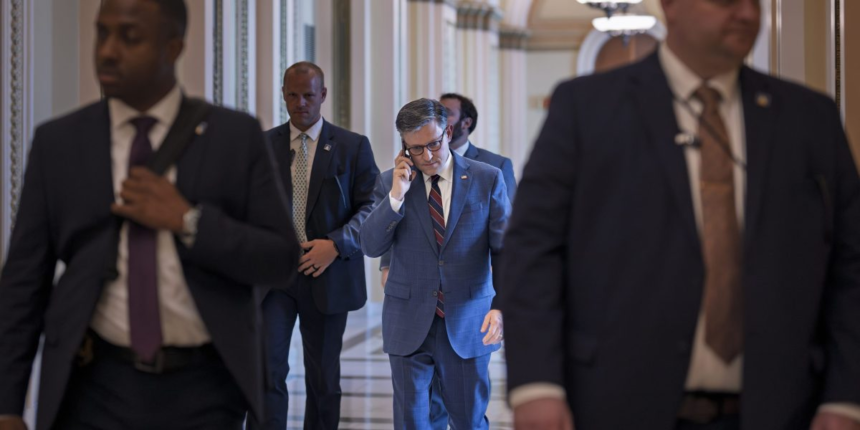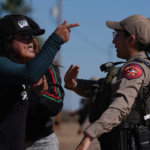Here’s a closer look at what’s in the bill:
The White House says the public media system is politically biased and an unnecessary expense.
The corporation distributes more than 70% of the money to more than 1,500 locally operated public television and radio stations, with much of the remainder assigned to National Public Radio and the Public Broadcasting Service to support national programming.
Sen. Ted Cruz, R-Texas, said public broadcasting has been taken over by “partisan activists.”
Still, the potential fallout from the cuts for local public media stations generated concerns on both sides of the political aisle.
Sen. Mike Rounds, R-S.D., said he secured a deal from the White House that some funding administered by the Interior Department would be repurposed to subsidize Native American public radio stations in about a dozen states.
But many lawmakers say that won’t help a large number of local broadcasting stations. Sen. Tammy Baldwin, D-Wis., unsuccessfully sought to take out the public broadcasting cuts.
“If we don’t adopt this amendment, local television and radio stations will shut down and it will be rural stations that will be the first to close,” Baldwin said.
To justify the spending cuts, the Trump administration and Republican lawmakers cited certain activities they disagree with to portray a wide range of a program’s funding as wasteful.
As part of the package, Trump asked lawmakers to rescind almost $8.3 billion in foreign aid programs that aim to fight famine and disease and promote global stability.
Among the rescissions in the bill:
The Trump administration also said some cuts, such as eliminating funding for UNICEF, would encourage international organizations to be more efficient and seek contributions from other nations, “putting American taxpayers first.”









